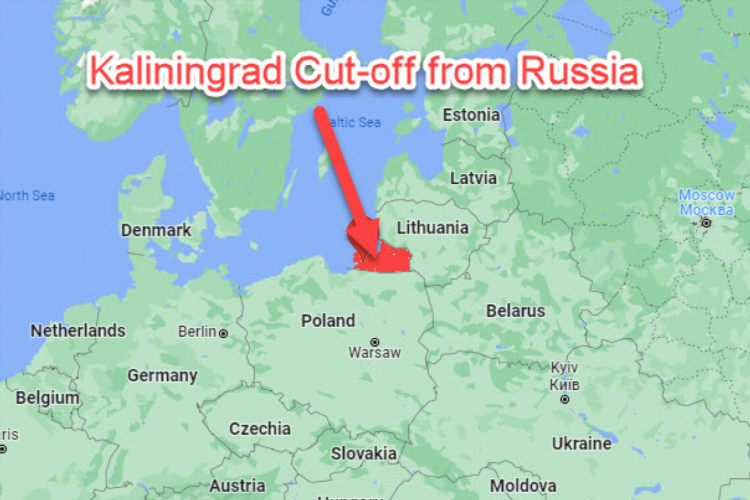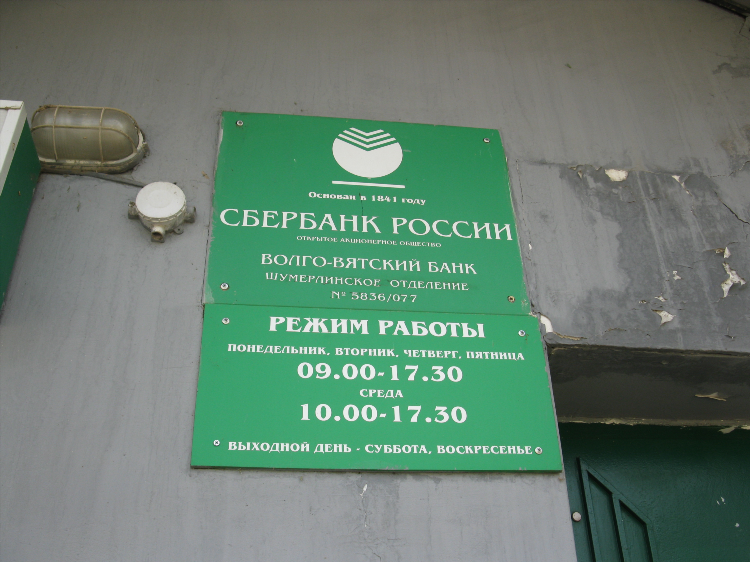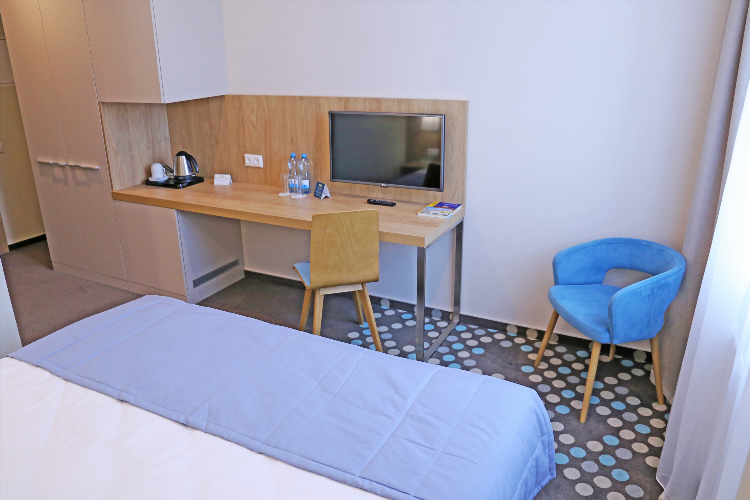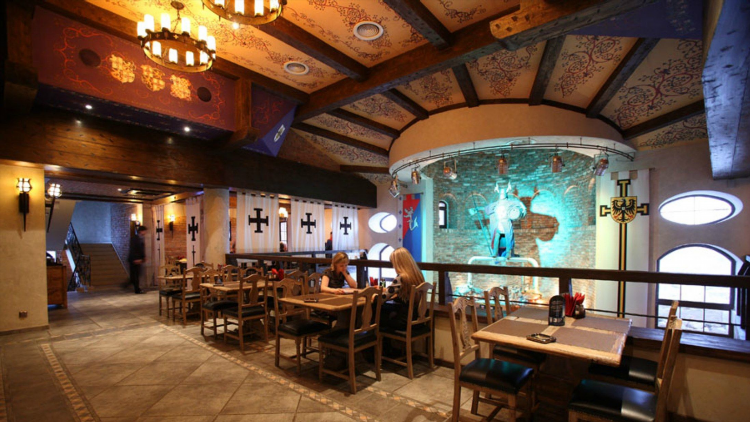Калининград на английском

Kaliningrad: A Russian Exclave with a Unique History
Kaliningrad, formerly known as Königsberg, stands as a distinctive region of the Russian Federation. This oblast, or province, holds the unique geographical characteristic of being an exclave, meaning it is separated from the rest of Russia by the territories of other countries, specifically Lithuania and Poland. Situated on the southeastern coast of the Baltic Sea, this singular position has profoundly shaped its history, culture, and geopolitical significance. The largest city and administrative center of the oblast also bears the name Kaliningrad, serving as a key port and industrial hub for the region.
The history of Kaliningrad is rich and multifaceted, predating its current Russian identity by centuries. Founded in 1255 by the Teutonic Knights, the city was named Königsberg in honor of King Ottokar II of Bohemia. Over the centuries, it evolved into a significant Baltic port city, serving as the capital of the Duchy of Prussia and later the province of East Prussia. Königsberg became a prominent center of trade, culture, and learning, home to the Albertina University, where the renowned philosopher Immanuel Kant once taught. The city's architectural landscape reflected its German heritage, with notable landmarks such as the Königsberg Castle and the cathedral on Kneiphof Island. World War II brought immense destruction to Königsberg, culminating in its capture by the Soviet Union in 1945. Following the Potsdam Agreement, the northern part of East Prussia, including Königsberg, was transferred to Soviet administration. In 1946, the city was renamed Kaliningrad in honor of Mikhail Kalinin, a prominent Soviet leader. The German population was largely expelled, and the region was repopulated with Soviet citizens, primarily Russians.
Today, Kaliningrad represents a fascinating blend of its historical past and its present-day Russian identity. While remnants of its German heritage can still be observed in some architectural elements and cultural nuances, the dominant culture is Russian. The oblast plays a crucial strategic role for Russia, providing its only ice-free port on the Baltic Sea and serving as the headquarters of the Russian Baltic Fleet. Its geographical location has also made it a significant geopolitical factor in the Baltic region. Economically, Kaliningrad has developed into an industrial center with key sectors including manufacturing, fishing, and amber processing. The region is notable for its extensive amber deposits, believed to be the largest in the world. Despite its separation from mainland Russia, Kaliningrad maintains strong ties with the rest of the federation and continues to evolve as a unique and historically significant part of Russia in the heart of Europe.



